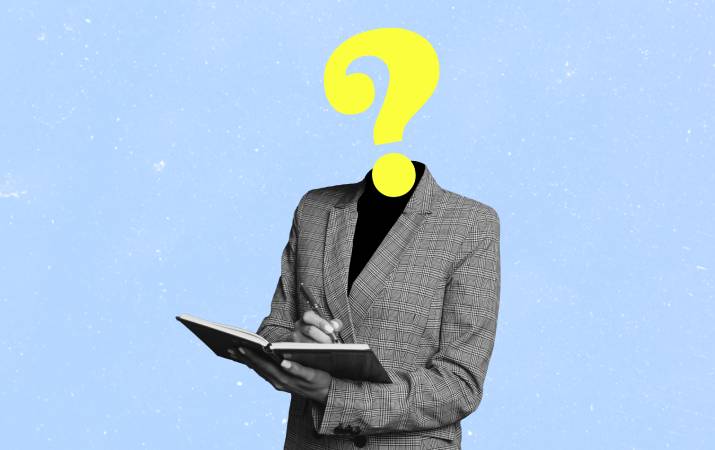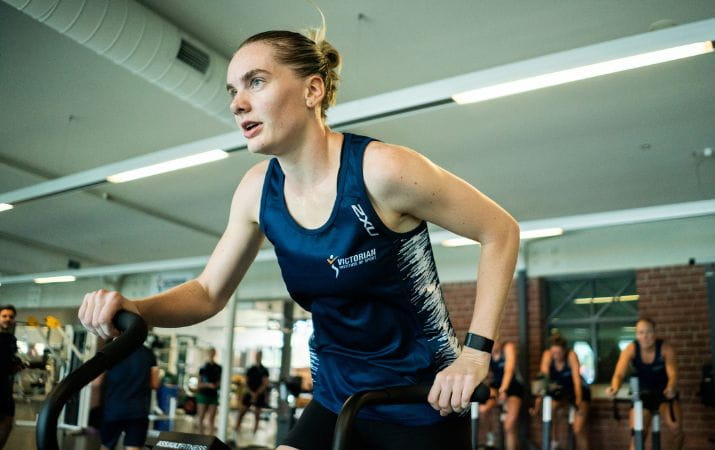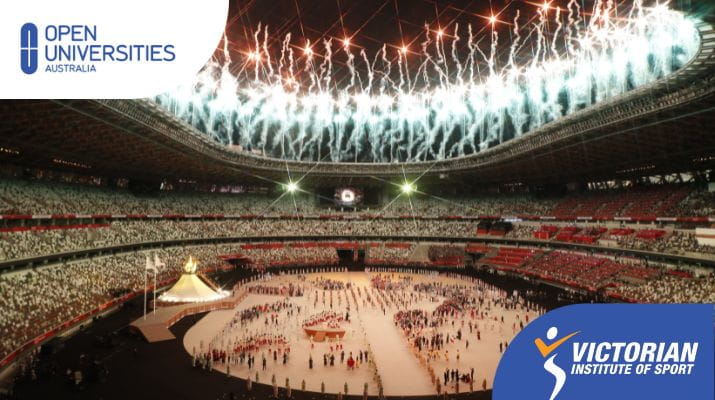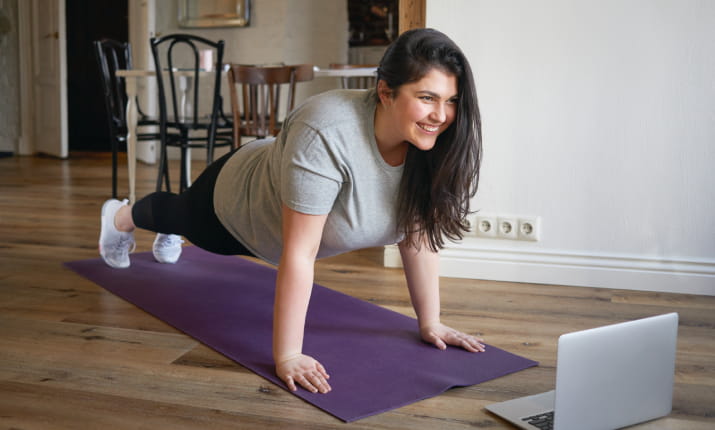What’s it like to work at the Olympics?
With the 2024 Olympics just around the corner, two elite sport pros tell us what they’ll be up to behind the scenes in Paris.

A pinnacle of achievement—for all elite sporting professionals
The Olympics are the holy grail for elite athletes of course—but they also represent a pinnacle of achievement for many of those working behind the scenes in sport.
The team travelling with the Aussie athletes to Paris 2024 will include doctors, nurses, performance analysts, physios, dieticians, performance psychologists, and a whole raft of other sporting professionals.
Manna McLeod, Registered Nurse at the Victorian Institute of Sport (VIS), says she’s stoked to be part of the contingent going to Paris in July.
“I'm really excited about it,” she says. “They're only taking two nurses across, so I think it will be a really busy time for us, but it’s going to be really fun.”
As a nurse, her role at the Olympics will include everything from tending to blisters and more serious injuries, organising scans and blood tests, and minimising the spread of respiratory illnesses.
For Mat Harris, performance science assistant manager at the VIS, the opportunity to travel to both the Rio and Tokyo Games was a huge thrill.
“Working at the Olympics feels different,” he says.
“Rafael Nadal is in the bus line, Novak Djokovic is in the food hall, Emma McKeon’s in the kitchen, Patty Mills is there getting coffee… I had a second coffee just to be around [his] presence.
“You're gathered with the world's best athletes from all the Olympic sports—and it's a real privilege to be amongst them and see them operate and do their thing.”

Behind the scenes at the Olympics
Mat’s role at both Games involved long days at the pool working with the Sharks, the Australian water polo team.
He says the job of a performance analyst for water polo is “a bit of a one-man-band” operation.
“I'll have a video camera in the stands, and a tripod and an iPad or MacBook computer, capturing the video and live coding,” he says.
“I’ll create a code window to identify things that the coach thinks are important, such as extra man attacks, goalscoring opportunities, [as well as] individual player analysis.
“[At the Olympics] I’d turn around all of our games quickly so the players had the video and the statistics available—and then I would stay at the pool and analyse all the opposition.”
Mat says the atmosphere was very different in Rio compared with Tokyo.
“[Rio] had a sort of football crowd at all the events… they were whistling, passionate, trying to jeer the referee… they definitely brought a lot of passion to it, which was really cool to see.”
Tokyo, by contrast, was much quieter due to no crowds because of Covid-19.
Mat says a personal highlight was attending Rio’s closing ceremony.
“I was lucky enough to go to the closing ceremony, which was really fun,” he says. “We waited on a bus and in the stadium for a good few hours for 10 minutes of walking through the stadium—but it was really fun to close off the Games with the boys and the team.”

Paris 2024
This year, Mat will be leading a team of analysts at a hub from Canberra, providing remote support to the Australian athletes in Paris.
“There's a hub in the village in Paris and they'll capture a lot of the data and send that to us,” he says. “[The remote hub] is quite a new thing. Sports have done it individually—but it’s the first time everyone's coming together to do it remotely.”
Mat’s main sport at the VIS is field hockey, so he’ll be working with the Hockeyroos and Kookaburras to lighten the load of the analysts on the ground.
“I'm going to be pausing the game and looking at where the ball is, which player’s on the ball, clicking buttons on the programs that the Kookaburras and Hockeyroos use, and provide that level of detail back to them,” he says.
While it may not match the thrill of being on the ground, Mat expects the atmosphere will still be exciting.
“Maybe I'll bring in some croissants in the morning,” he jokes.
Manna, meanwhile, will be staying in Paris, working from a busy clinic, and soaking up the Olympic atmosphere.
“We're staying in the Village—so I'm excited to be in amongst it,” she says.
“It’s just going to be an amazing opportunity to support these athletes that have worked so hard to get to where they are.”

Elite sport career pathways
Much like those of elite athletes, careers at sporting institutes such the VIS or Australian Institute of Sport (AIS) can be challenging and competitive to land—but persistence pays off.
To get to where he is today, Mat studied a Bachelor of Applied Science (Human Movement) at the University of South Australia.
Since graduating, he’s landed roles at the South Australian Sports Institute (SASI) and New South Wales Institute of Sport (NSWIS), before moving to the VIS.
For those interested in an elite sports career, Mat suggests taking on work experience opportunities to build your skillset and make you stand out from other graduates.
Before taking on her role at the VIS, Manna had a fairly traditional nursing career, which has included stints in trauma and orthopaedics, surgical, and neuroscience wards, and as a clinical nurse educator.
It was her love of long-distance running that steered her in the professional sporting direction.
“For the last five years, I've been working for a company that provides specialised medical support at ultra-marathons, trail marathons and mountain runs,” she says.
“It's often really remote, really inaccessible, which is really fun.
“You go away for three days and you're in the middle of nowhere, your comms are reliant on radio repeater towers that are set up on a mountain somewhere, and you're managing people that are running up to 217 kilometres.”
It was at one of these events that she serendipitously heard about the nursing opportunity at the VIS.
Manna’s advice to those interested in pursuing a career like hers is to keep persisting and trying new things.
“Don't pigeonhole yourself. You don't have to get stuck somewhere. You can try lots of different things until you find an area that you like.
“I was 20 years into my career before I came into this world,” she says.
“I've worked in player medical services at the Australian Open for the last couple of years and now I get to go to Paris.
“So, doing things that are a little bit scary and changing your focus or career path later in life is absolutely something you can do.”
Want a career in sport that will take you to the top of your game? Have a look at sports courses from leading Australian universities, available to study online.



